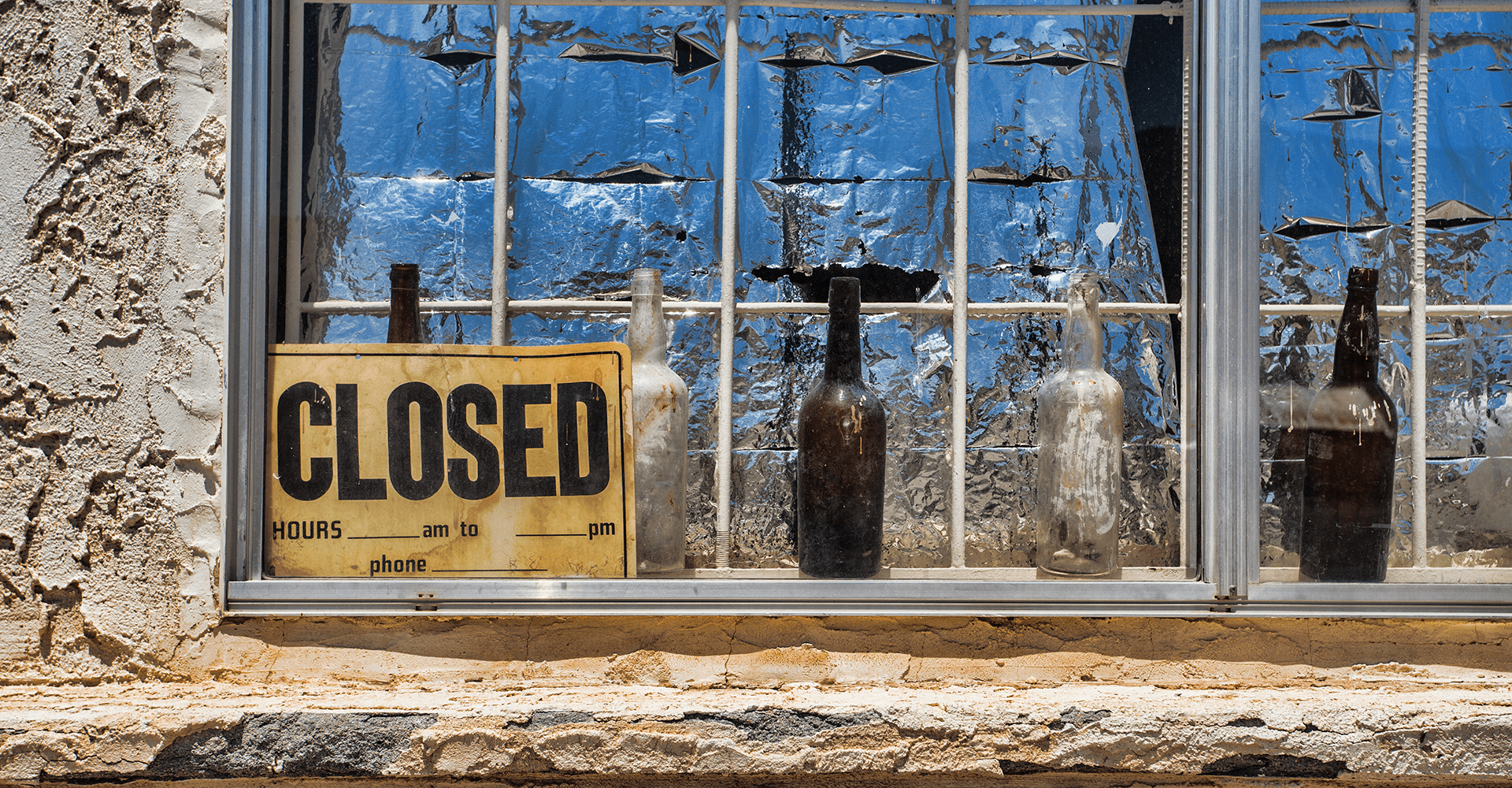By Rene Cantu
A mere minutes-long drive down a prominent Houston street will reveal at least one restaurant boarded up or advertising a property sale. One of the top eating scenes in the nation, Houston was hit hard when the Texas economy shutdown to slow the spread of COVID-19, a devastation of the local food industry not seen since Hurricane Harvey ravaged the city.
“It has become apparent that most restaurants and bar owners faced strong financial problems as their revenue dropped due to the mandated restrictions on dining in, whereas most of their liabilities (rent, salaries and benefits paid to workers, payment to suppliers and service providers, servicing loans, etc.) remained in place,” explained Pablo Pinto, associate professor at the Hobby School and one of the researchers on the study exploring the impact of the COVID pandemic on the Texas and Houston economy.
The study showed that the COVID-19-induced shutdown caused 90% of Texas restaurants to report a dip in sales in late March, with 41% temporarily closing at least one location. Nearly 20% permanently closed one or more locations and 80% of restaurants laid off at least some employees. Considering there are roughly 50,000 restaurants in Texas, even a small percentage becomes a big deal.
According to the Hobby School report, the food industry employed 10% of all working Texans as of January 2020. With over 10,000 restaurants (20% of all Texas restaurants are in Houston), it’s certain that the reverberations of the shutdown have most certainly razed a large number of Houston-based restaurants.
So, what can this dark cloud of data do to help reverse our city’s fortunes? Well, thanks to the researchers at the Hobby School, we now have a comprehensive study with the statistical details necessary for making educated, informed, nuanced decisions like whether to reopen a popular food spot or close down a young but promising restaurant.
“Individual restaurant owners in our city can learn from the survey how similar establishments fared and identify common problems in the sector,” said Pinto. “I believe the information will help the general public and policymakers. Our report reflects the expectations of relevant actors about the outlook of the sector.”
Image: Getty Images+/iStock/fotoguy22
